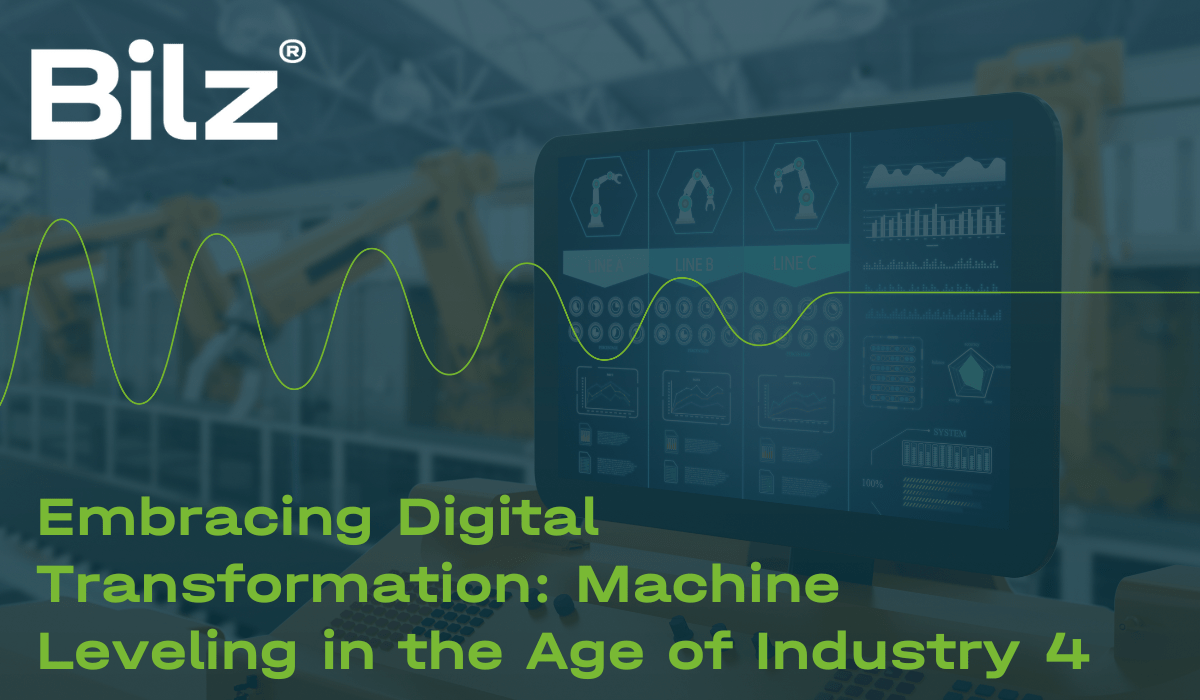

The fourth industrial revolution, or Industry 4.0, is transforming manufacturing with digital technologies that merge the physical and digital worlds. This era brings unprecedented connectivity, automation, and data-driven decision-making to the forefront of industrial operations. Machine leveling, a fundamental aspect of setting up manufacturing and production equipment, is no exception to this transformation. This blog post explores how digital transformation is reshaping machine leveling, enabling more precise, efficient, and automated processes.
In the age of Industry 4.0, machinery is increasingly equipped with sensors and connected to the internet, allowing for continuous monitoring of operational status and conditions. This connectivity extends to machine leveling, where sensors can detect even minor deviations from the optimal level and automatically initiate adjustments, ensuring continuous precision without human intervention.
The vast amounts of data generated by connected machinery provide a rich resource for improving machine leveling processes. Advanced analytics and machine learning algorithms can analyze this data to identify patterns, predict potential issues before they arise, and recommend adjustments to maintain optimal machine performance.
Automation, powered by robotics and AI, is playing a significant role in machine leveling. Robotic systems can automatically adjust leveling components with high precision, reducing the need for manual labor and minimizing human error. These systems can operate around the clock, ensuring that machinery is always perfectly leveled, regardless of shifts in load or environmental conditions.
Digital technologies enable a level of precision and efficiency that was previously unattainable with manual or semi-automated methods. Real-time adjustments and data-driven insights ensure that machinery is always operating at its optimal level, improving product quality and reducing waste.
By predicting and addressing leveling issues before they impact machine performance, digital technologies can significantly reduce downtime. This proactive approach to maintenance ensures that production schedules are not disrupted by unexpected leveling problems.
Automating the machine leveling process reduces the need for human interaction with heavy machinery, enhancing workplace safety. Additionally, continuous monitoring can detect potential safety hazards related to machine misalignment or instability, allowing for timely interventions.
As digital transformation continues to evolve, we can expect further innovations in machine leveling:
The digital transformation of machine leveling, driven by Industry 4.0 technologies, is enabling smarter, safer, and more efficient manufacturing processes. As manufacturers embrace these advancements, they can look forward to greater operational agility, reduced costs, and improved product quality. The journey towards fully digitalized and automated machine leveling is just beginning, promising exciting developments for the future of manufacturing.